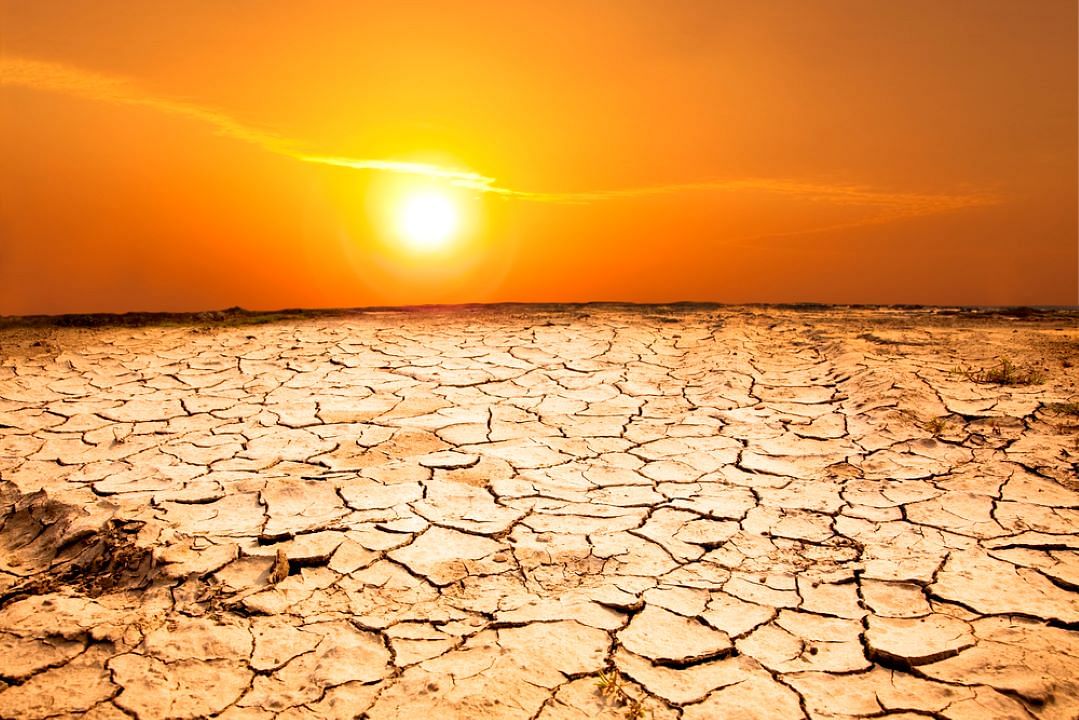
Officials of the Regional Meteorological Centre in Chennai have stated that the maximum temperature is likely to increase gradually by 2-4 degrees Celsius over the next five days. They have also warned that isolated pockets in Tamil Nadu and Pondicherry may experience temperatures above normal by 2-3 degrees Celsius, causing discomfort to vulnerable individuals.
The director of the Area Cyclone Warning Centre, P Senthamarai Kannan, has clarified that there is no forecast of a heat wave in Tamil Nadu at present. To declare a heatwave, the temperature departure from normal must be between 4.5 degrees and 6.4 degrees Celsius above normal for at least two consecutive days, which is not the case currently.
The weather in Chennai is likely to be partly cloudy for the next two days, with the maximum temperature expected to be around 36-37 degrees Celsius. In May, the normal daytime temperature is 37 degrees Celsius. The rise in temperature is attributed to several cyclonic storms brewing in the Bay of Bengal, which would drag all the land moisture.
According to the latest bulletin from the IMD, a deep depression has formed over the South Andaman Sea, around 530 km southwest of Port Blair. It is expected to move north-northwestwards and intensify gradually into a very severe cyclonic storm by the midnight of May 11, over the southeast and adjoining central Bay of Bengal.
Thereafter, it is expected to recurve gradually, move north-northeastwards, and weaken slightly from May 13. It will cross the southeast Bangladesh and north Myanmar coasts between Cox's Bazar (Bangladesh) and Kyaukpyu (Myanmar) around the forenoon of May 14, with a maximum sustained wind speed of 110-120 kmph gusting to 130 kmph.
The IMD has urged people to stay indoors and stay hydrated during the hot and humid weather. They have also advised fishermen not to venture out into the sea and have warned of high waves and wind speeds due to the approaching cyclonic storm. The authorities have been asked to take necessary measures to prevent heat-related illnesses and ensure the safety of the public.
















